INDIANAPOLIS — Yesterday’s updated release of Indiana’s State Revenue Forecast paints a troubling picture of the state’s economic future with a projected $2.4 billion shortfall in revenue over the next three years, prompting Senate Democrats to sound the alarm and call for immediate, proactive fiscal reform.
The Latest State Revenue
“This revenue forecast clearly indicates that we, as members of the Indiana General Assembly, need to sharpen our pencils as we finalize the state budget over the next week,” said Sen. David Niezgodski (D-South Bend).
According to the forecast, Indiana faces a projected revenue shortfall of approximately $2.4 billion over the next biennium—driven by concerns about federal support, global trade disruptions and looming economic uncertainty.
“These numbers don’t come as a surprise, but they are a wake-up call,” Niezgodski said. “We need to ask ourselves if the budget tends to the most important priorities for Indiana. The Senate Democratic Caucus members have repeatedly said it’s imminent to get our priorities right, that’s why we highlighted critical and important priorities in our budget amendments, including ways to increase revenue and to meet the challenges these updated revenue numbers present.”
A Call to Action for a Sustainable Future
Senate Democrats urge lawmakers to realign budget priorities with the realities of the forecast, focusing state funding on essential services like education, health care, affordable housing, and support for retirees.
It’s time to change our perspective and prepare for the future,” Niezgodski said. “This forecast demands bold, proactive solutions—and that includes consideration of options to increase revenue.”
As the General Assembly enters the conference committee phase, Senate Democrats stress the importance of collaboration and fiscal courage in the revision of Indiana’s now $44.5 billion biennial budget.
“The Senate Democrats have proposed or identified several options to increase revenue without the need to cut public education, critical Medicaid services to our elderly family members or the thirteenth check that provides financial relief to our public retirees,” said Niezgodski. “These options include the Managed Care Assessment Fee (MCAF), requiring these entities to help support the Medicaid budget, eliminating duplicative state agencies created by the Governor and rolling back voucher funding. One of the sources of revenue we are suggesting, increasing the cigarette tax, has not been touched for almost 20 years.”
“We can weather this fiscal storm,” said Niezgodski. “Let’s get this budget right—for all Hoosiers.”


